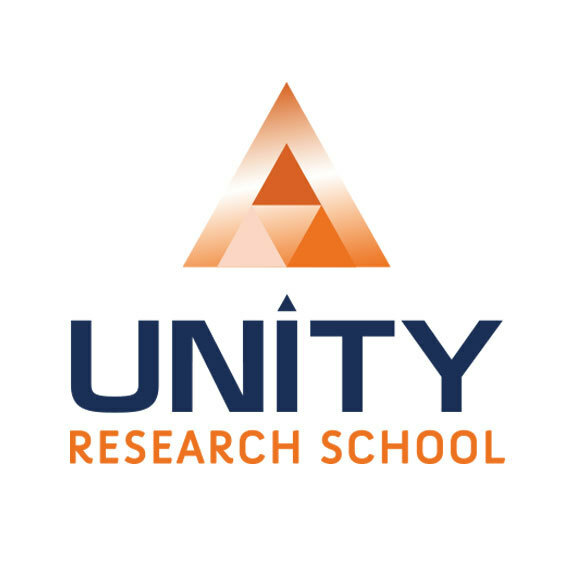

Research School Network: We Didn’t Learn Maths Like THAT When I Was At School Primary Maths Calculation Videos: Engaging parents using what evidence tells us
—
Blog
We Didn’t Learn Maths Like THAT When I Was At School
Primary Maths Calculation Videos: Engaging parents using what evidence tells us
Share on:

by Unity Research School
on the
Now more than ever, we are looking at ways to support parents to engage with their child’s learning and it seems that at primary schools, no subject is more divisive than maths.
Whilst leading a SSIF maths project across 15 primary schools last year, I ran a number of maths workshops for parents in each school. We had surveyed the parents and teachers and the consistent response was that parents wanted to explore calculation policy. So why did our workshops have such low attendance? With most schools in the project averaging between 300 and 400 pupils, the busiest session had 18 parents but the quietest had just one. It was a privilege to have a personal conversation with a mother about her maths-reluctant son, however it did not address the wider issues the school had identified. Perhaps it’s to do with the intimidation and anxiety felt when entering a classroom where maths is the sole focus? Or perhaps it’s to do with the sheer exhaustion felt after a day at work but those events were rarely well attended.

We had to think differently about how to engage parents, but the requests were the same. Parents wanted to know how their children learnt maths. The way we teach maths has changed significantly. We are teaching for mastery, so children understand the how and the why, but many parents were taught through rote learning; to follow the steps and get the right answer. So for parents, it becomes harder to know how to support their child at home. Maths has its own language and peculiarities; terms such as bar models, part part whole models, and language around exchanging and re-grouping is unfamiliar and confusing which can create another barrier for engagement.
We didn't do maths like that in our day!
Last summer, I responded to a call for help from my sister who didn’t understand the way her child was learning in maths and couldn’t help her. Through a few dodgy WhatsApp videos I was able to model the strategies my niece had been taught but was confused with. I recognised that this was a useful tool for parents and proceeded to record Unity School’s Partnership calculation policy in short clips designed for parents.
(View full set of videos on YouTube here)
Example Video: Year 3 Multiplication
Although the evidence is shaky on engaging parent’s in calculation methods, Patall, Cooper & Robinson’s meta-analysis of 22 samples from 20 studies correlating parental involvement and achievement related outcomes revealed a negative association for mathematics, the videos address a problem that exists for parents and allows them to watch and digest them over again in a comfortable setting.
At Unity Research School we are continuing to look at the ways forward to support parental engagement with primary maths and I’m particularly interested in Kraft’s work on contacting parents directly which “found that frequent, personalized phone calls home immediately increased students’ engagement in school, as measured by homework completion, in-class behavior, and in-class participation (Kraft & Dougherty, 2013).”

Interestingly, for many parents this period will have given them a greater insight into their child’s learning than they have ever had before and may well be the first time they have experienced a phone call from the class teacher. Personalised communication about learning has now become part of teacher’s everyday work. We are now looking at how we can continue this communication and support as more children return to school, perhaps through text messages as Kraft later suggests, as a manageable way for teachers to ensure parents stay as aware of and engaged in their child’s learning.

Guidance we have utilised and found valuable throughout includes pertinent EEF Guidance Reports, namely, Improving mathematics at KS2/3, Working with parents to support children’s learning and Metacognition and self regulated learning. Recommendations have been useful steers in our developing practices and an excellent source of evidence-based provocations to consider.
More from the Unity Research School
Show all news

Pupil Premium and SEND: learning without labels
Learning without labels
